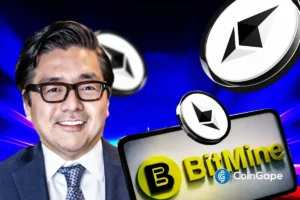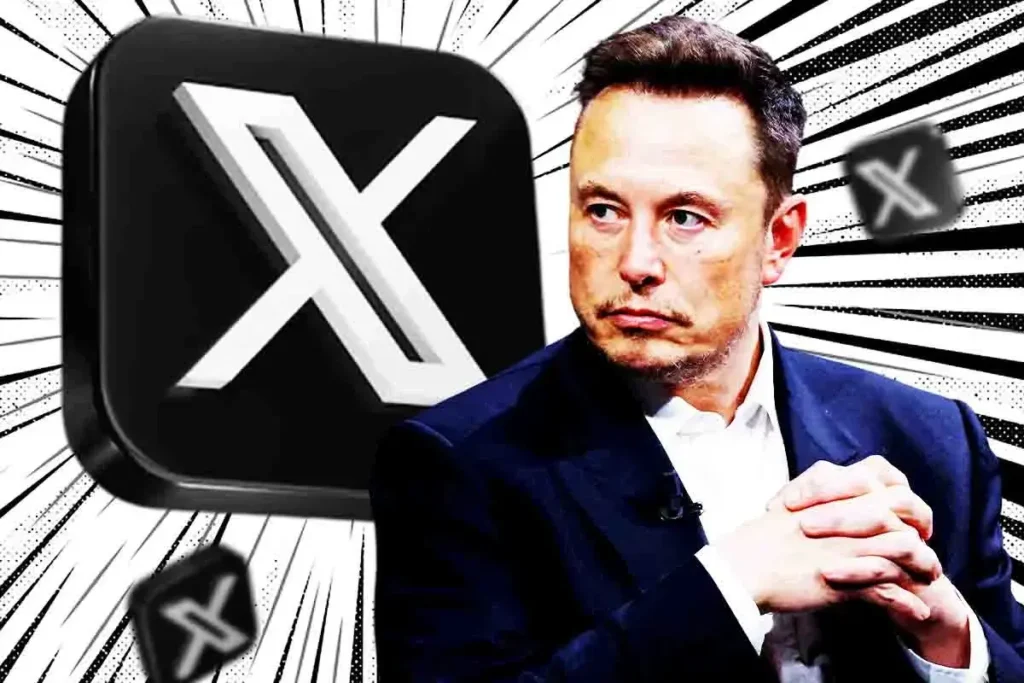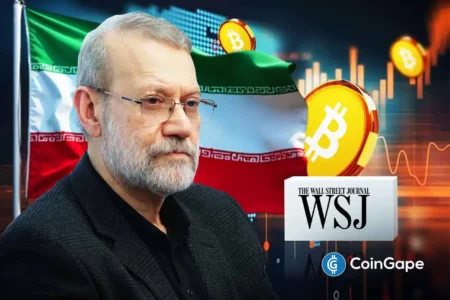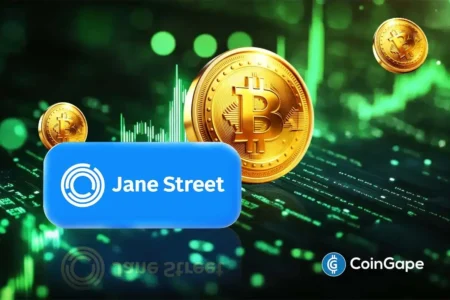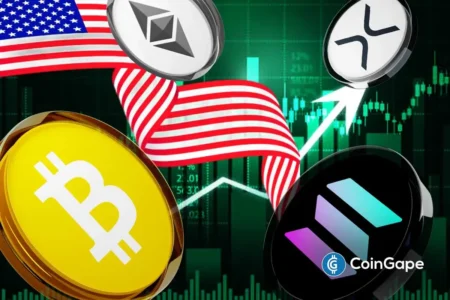Elon Musk’s XChat: The Future of Messaging with Bitcoin Encryption
In a move that further highlights the intersection of cryptocurrency and technology, Elon Musk is elevating user security with the introduction of Bitcoin as the encryption standard for XChat, a new messaging feature from X. Announced via an X post, this innovative messaging service is designed with a suite of features intended to enhance user experience. Musk has identified security as a notable advantage, suggesting that the embrace of Bitcoin’s robust encryption methods will mark a significant improvement in messaging security.
Enhanced Security Through Bitcoin
With the impending commercial launch of XChat, Musk has made it clear that security will be at the forefront. The integration of a “Bitcoin-style” encryption system indicates a serious commitment to user privacy. Although specific details about the encryption method remain unconfirmed, sources suggest that XChat may utilize the SHA-256 encryption standard, empowering users with both a public and a private key for messaging security. This approach aligns with Musk’s vision of making encrypted messaging accessible while ensuring that privacy remains intact.
Built on a Secure Architecture
The underlying architecture of XChat is built using Rust, a programming language celebrated for its emphasis on security and efficiency. This choice reflects a broader trend within software development where developers prioritize safety and performance. Musk’s decision to utilize Rust not only enhances the resilience of XChat against potential threats but also empowers developers to create a faster, more reliable messaging platform. This thorough groundwork sets the stage for a user-friendly experience that doesn’t compromise on security.
Innovative Features for Modern Communication
Beyond encryption, XChat is packed with innovative functionalities designed to meet the evolving expectations of users. The feature set includes vanishing messages, which adds an essential layer of privacy by allowing users to send messages that disappear after a set time. Additionally, audio and video calling features will ensure that users can connect easily and across platforms without the need for a phone number, positioning XChat as a competitive player against established messaging applications like Signal and Telegram.
A Strategic Move in the Messaging Landscape
As XChat prepares for a broader rollout, it will undoubtedly aim to capture market share from established messaging giants such as WhatsApp and Telegram. Musk has confirmed that XChat is currently in beta and limited to premium users, signaling a targeted approach toward cultivating an initial user base. This strategy is particularly relevant in the context of user privacy and secure communication, which have become pressing concerns in today’s digital landscape.
The Impact on Bitcoin and Market Trends
Musk’s involvement with XChat has also influenced the cryptocurrency market. Following his announcement regarding the encryption standards for XChat, Bitcoin’s value surged by nearly 2%, bouncing back from a recent downturn. Tesla, under Musk’s leadership, currently holds a substantial amount of Bitcoin, estimated at $1.25 billion. This further reinforces Musk’s ongoing support for Bitcoin, as he has signaled his commitment to initiatives like the US Strategic Bitcoin Reserve, thereby intertwining his interests in both technology and cryptocurrencies.
Conclusion
Elon Musk’s foray into secure messaging with XChat represents a significant advancement in how individuals communicate in a digital-first world. By leveraging Bitcoin’s encryption standards and complementing them with modern features like vanishing messages and secure calling, Musk is setting a new standard in messaging privacy. As the product heads towards commercial availability, XChat could redefine user expectations and elevate conversations about security in messaging platforms, potentially reshaping the competitive landscape in the process.
Through this initiative, Musk not only aims to revolutionize messaging but also reinforces the role of cryptocurrencies, particularly Bitcoin, in mainstream discussions around security and technology. As we observe these developments, it will be interesting to see how XChat performs against established services and how it may drive a new demand for secure, privacy-focused messaging solutions.


